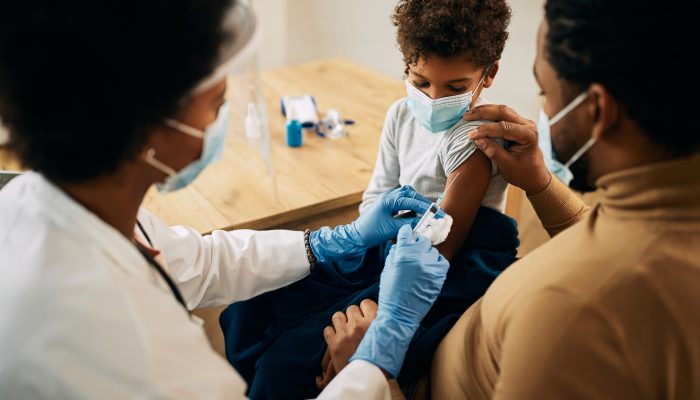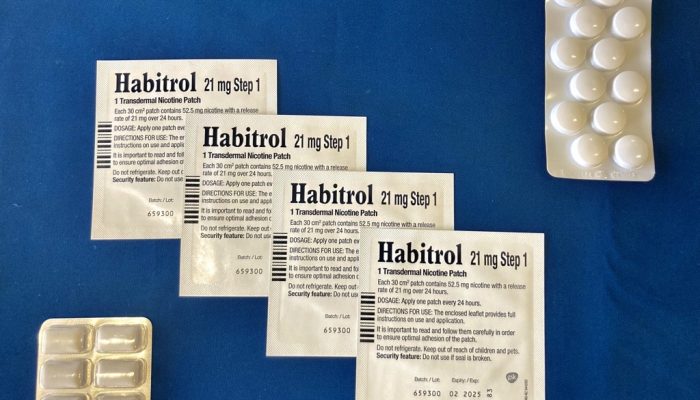When it comes to your children, you’re considering the pros and cons of everything all day, every day. If you’ve been weighing the benefits and risks of the COVID-19 vaccine for your child, here are three reasons to get them vaccinated as soon as possible.
The vaccine prevents hospitalizations and deaths
You may have heard that Omicron does not cause severe illness in children, but that’s not the full story. Children can still get COVID-19 and they can still get seriously ill from it.
There are approximately 28 million 5–11-year-old children in the U.S. and there have been 2 million cases of COVID-19 in this age group. As of last fall, over 8,300 children have been hospitalized for COVID-19 and COVID-19-related illness and over one hundred 5–11-year-old children have died. In all age groups under 18, COVID-19 was the cause of death in over eight hundred children in the U.S. Even a single death is too many. Studies have shown that getting your child vaccinated is up to 94% effective against hospitalization. Vaccination, including keeping them up to date with booster shots and third doses if eligible, is the best way to keep them protected.
Avoiding COVID complications
While it’s rare for children to develop complications from COVID-19, it does happen, even when a child is not at high risk. These complications can be quite serious, such as Multi-Inflammatory Syndrome in Children (MIS-C), a serious condition that can inflame organs such as the heart, lungs, and kidneys. They’re also in danger of developing myocarditis, a swelling of the heart muscle. While there have been a small percentage of adolescent children who had myocarditis after getting vaccinated, there is a much greater chance of these children experiencing myocarditis after having COVID-19.
“Long COVID” is more frequent in adults but can also occur in children after contracting COVID-19. Research has shown us that children get similar symptoms as adults, including headache, fatigue, and trouble concentrating, which can lead to less physical activity, mental health challenges, and decreased school participation.
Keeping children in school – learning and thriving
Vaccination also keeps our kids in school, where they need to be. Those who received the vaccine were protected against COVID-19-associated visits to the urgent care or emergency department. While the vaccine was less effective for 5-11-year-olds during the Omicron surge, vaccinated children were still almost 50% less likely to have an urgent care or emergency department visit if they did contract COVID-19. The takeaway is if they are infected and vaccinated, they’re much more protected and can stay in school.
In-person learning is crucial to helping children stay on top of their education, and participating in important extracurricular and social events, too. Both types of experiences keep them thriving and connected to their community.
When you get your child vaccinated, your family is doing its part for your child’s school, too. We all hope to never go back to the first two years when the pandemic forced school shutdowns. Research from two years ago has projected that long-term absences from in-person learning may even have lasting effects on our children’s economic futures.
The vaccine has been tested and proven to be safe for your children.
The vaccine has been extensively studied, tested on millions of children in different age groups, and shown to be safe and effective. The most common side effects by far have been pain in the arm where the shot is given, tiredness, headaches, muscle aches, fever, or nausea. These usually go away in a day or two.




